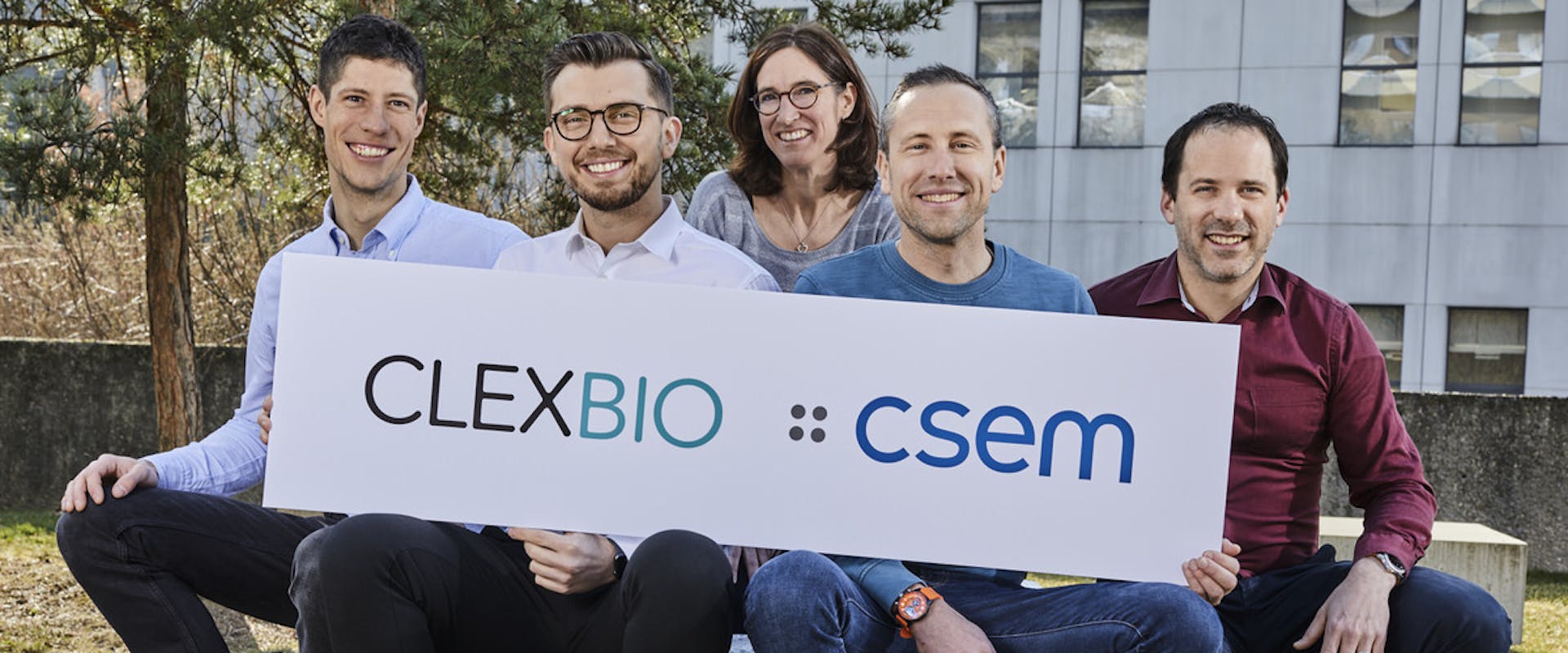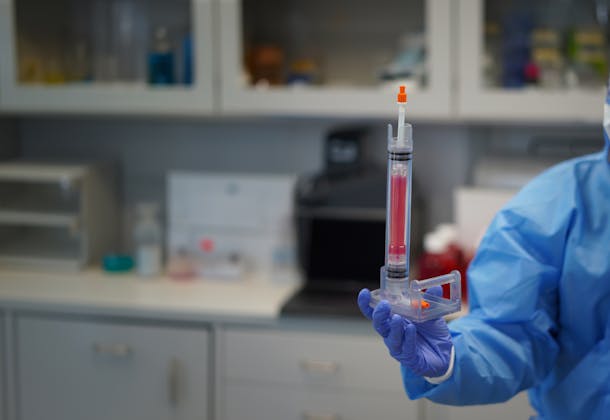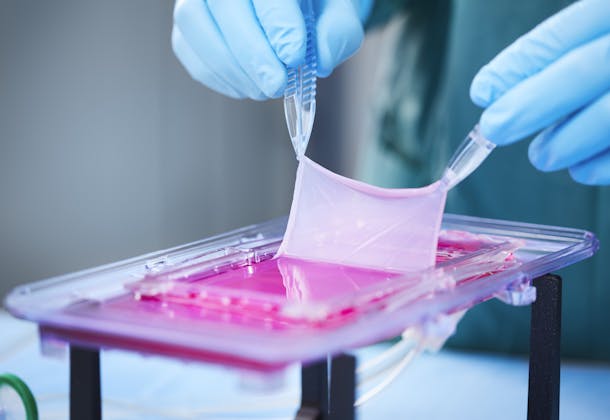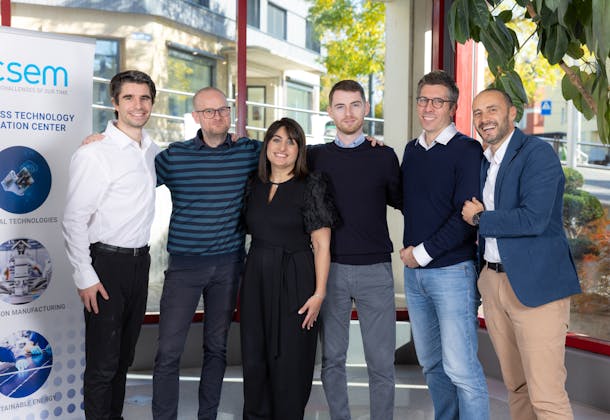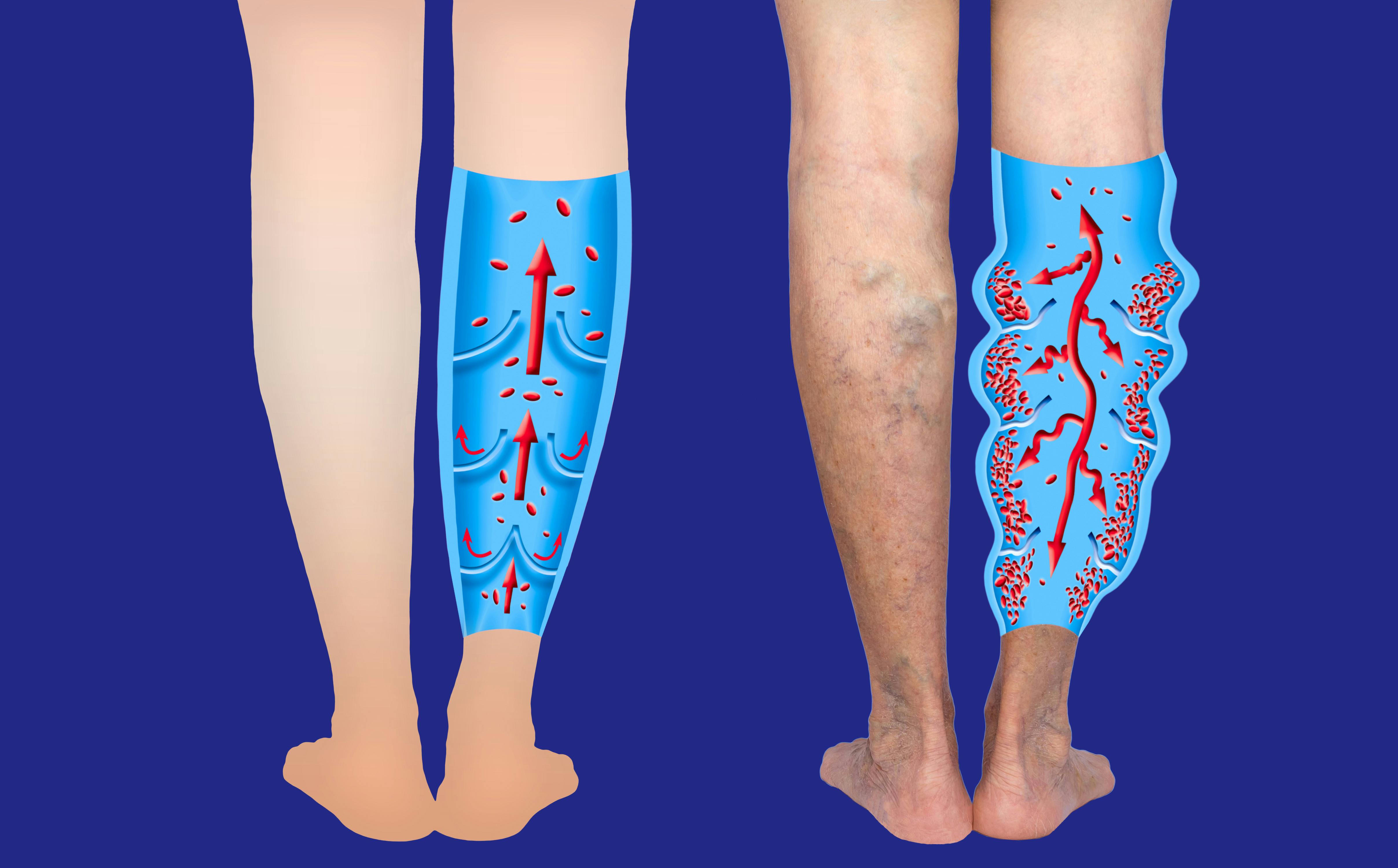
A biodegradable matrix to create human tissue
Veins carry blood from the organs back up to the heart using supple little valves that prevent blood from flowing backwards under the force of gravity. This complicated structure is very difficult to replicate artificially. ClexBio uses a unique approach: the company has developed a microstructured 3D biomaterial that can be combined with human cells (e.g. from a cell bank) and guide them so that they reproduce along a set pattern forming real human tissue. Once the desired tissue is formed, both cells and scaffolding are removed, leaving behind an implant composed of human extracellular matrix, a tissue-engineered vein graft.
Vein grafts made using this approach don’t provoke an immune response in patients after being implanted. Instead, they are colonized by the patient’s own cells and turn into functional tissue that integrates and grows with the body.
Producing these revolutionary implants requires a closed, high-tech bio-manufacturing system that can operate automatically. This system will be designed by CSEM’s engineers, based on their extensive experience with hydrogels, automation, and physiological microsystems.
